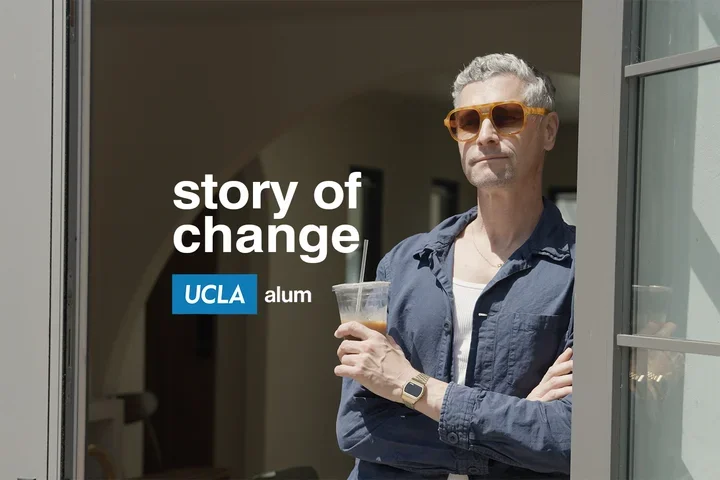New research to study effects of housing services and universal basic income for people living with HIV
UCLA Nursing’s Dr. Wei-Ti Chen to lead $675,000 research project

Researchers from the UCLA School of Nursing and the non-profit, Access to Prevention Advocacy Intervention and Treatment, a division of Special Service for Groups (APAIT/SSG), have received a $675,000 grant to study strategies to improve outcomes for people living with HIV.
The study, Project CARE: Californians Access to Resources for Housing and Economic Security to Promote HIV Care, will explore the effects that housing services and a universal basic income have on HIV-positive patients with the hope the reduce the rate of homelessness among this vulnerable population.
This academic/community partnership is one of 16 funded studies from the UC Regents California HIV/AIDS Research Program (CHRP). In total, CHRP is investing $5 million on projects focused on implementation science and policy research.
“California's homelessness crisis, driven by income insecurity and rising living costs, disproportionately impacts marginalized populations, heightening their risk of HIV infection and undermining HIV care engagement. Homelessness forces people living with HIV (PLH) to prioritize survival needs, leading to treatment dropouts, poor viral suppression, and increased mortality,” said Dr. Wei-Ti Chen, principal investigator, professor, and the Lulu Wolf Hassenplug Chair in Nursing in the UCLA School of Nursing. “This study seeks to address these challenges by piloting a combined intervention of universal basic income and housing services to evaluate their feasibility and effectiveness in improving healthcare engagement among homeless PLH in Los Angeles.”
The research team includes UCLA Nursing researcher Dr. Chengshi Shiu and Jury Candelario, LCSW, of APAIT/SSG.
A partial snapshot of the implementation science-based project abstract is below:
Integrating housing services with universal basic income (UBI) is emerging as a promising approach for mitigating the adverse effects of homelessness and income insecurity on care engagement among people living with HIV (PLH). However, most current research examines the impacts of housing services or UBI separately, leaving a notable gap in our understanding of their combined effects. To address this gap, the aim of this study is to pilot test an economic intervention for its acceptability, appropriateness, feasibility, and preliminary efficacy in promoting healthcare engagement among 24 PLH experiencing housing instability in the LA metropolitan area. This intervention will consist of UBI, housing services, and the combination of UBI and housing service, allowing for a more accurate evaluation of their implementation outcomes and impacts on health care engagement, both as individual components and in combination. Comparative studies to better understand the potential synergies of these interventions in promoting care engagement among Californian PLH with housing instability are urgently needed.



